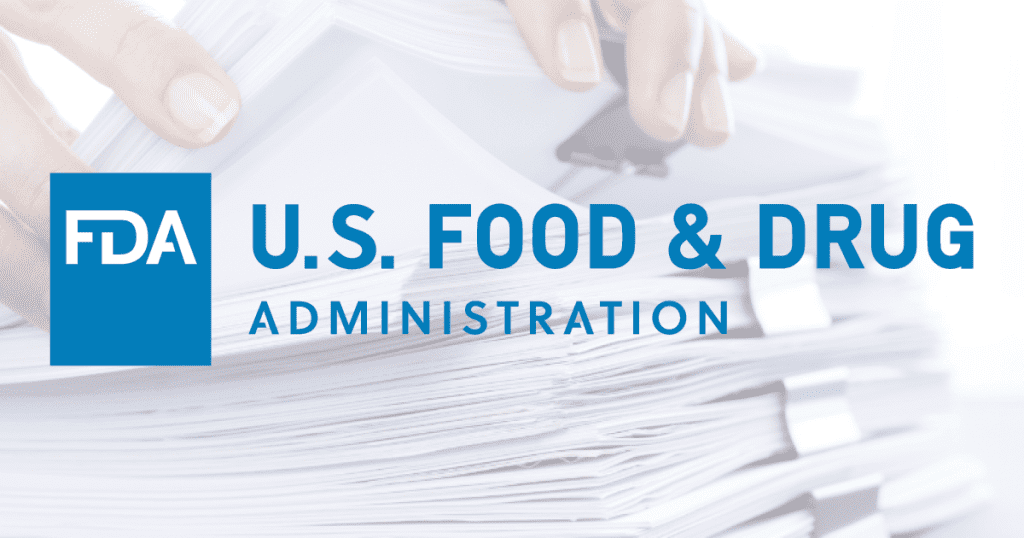FDA Issues FY23 Drug Safety Priorities Report

In February 2024, FDA’s Center for Drug Evaluation and Research (CDER) published its ninth yearly report describing key safety programs and activities, and illustrating the depth and versatility of drug safety initiatives across the center and FDA.
The report features the many ways in which CDER continued to be involved in promoting and protecting public health, as well as the ongoing activities to address the national drug overdose crisis. These efforts included the strategies to address the related crises of overdose deaths and nonmedical use of prescription opioids and other controlled substances, including by supporting the development of evidence-based treatments to effectively manage pain.
Previous CDER Drug Safety Priorities reports describe actions the center has taken in recent years to enhance the quality, accountability, and timeliness of its pre- and post-market drug safety decisions—activities that form the foundation for the interdisciplinary scientific teamwork that is a hallmark of FDA’s drug safety oversight today.
Of note to the homeopathic industry in this year’s report is the excerpt below from the chapter “Safety Surveillance and Oversight of Marketed Medications”:
Unapproved Products with Abuse Concerns: For products that are not FDA-approved, CDER enhanced its surveillance efforts by evaluating all cases related to dietary supplements with a health claim and homeopathy products, in addition to other unapproved products currently captured in our surveillance. Because data on unapproved products is limited in FAERS and the available medical literature, we incorporated surveillance of nontraditional sources such as online marketplaces and video platforms. Surveillance was also expanded by partnering with colleagues across FDA to communicate on, collect samples of, and track safety issues associated with unapproved products, including in CDER’s Office of Unapproved Drugs and Labeling Compliance’s Health Fraud Branch, Office of Regulatory Affairs’ Health Fraud Team, and Center for Food Safety and Applied Nutrition’s (CFSAN) Signals Management Branch.
